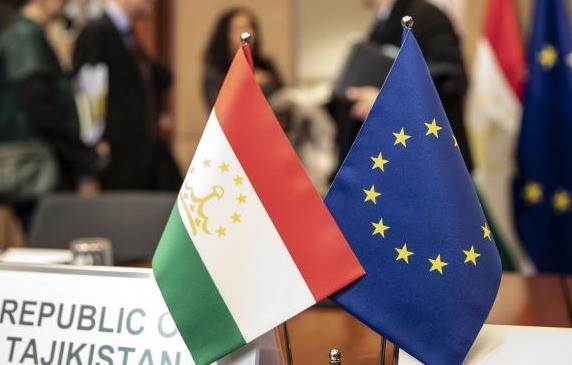Tajikistan and EU Enter Third Round of Negotiations on Partnership and Cooperation
On April 8 and 9, Luc Devigne, Deputy Managing Director for Europe and Central Asia at the European External Action Service, and Ismatullo Nasredin, First Deputy Minister of Foreign Affairs of Tajikistan convened in Dushanbe for a third round of negotiations on a new comprehensive framework for strengthening their bilateral relations. According to the Delegation of the European Union to Tajikistan, the negotiations for an Enhanced Partnership and Cooperation Agreement (EPCA), launched in February 2023, represent an important milestone in the EU’s relations with Tajikistan. In line with the EU-Central Asia Strategy, it aims to strengthen cooperation regarding political relations, trade, key economic sectors, as well as the rule of law and human rights. The EU Delegation reported that substantial progress had been made during the third round of negotiations between European Union and Tajikistan, and in the future, the EU-Tajikistan Partnership and Cooperation Agreement, in place since 2010, will be known as the EPCA.



